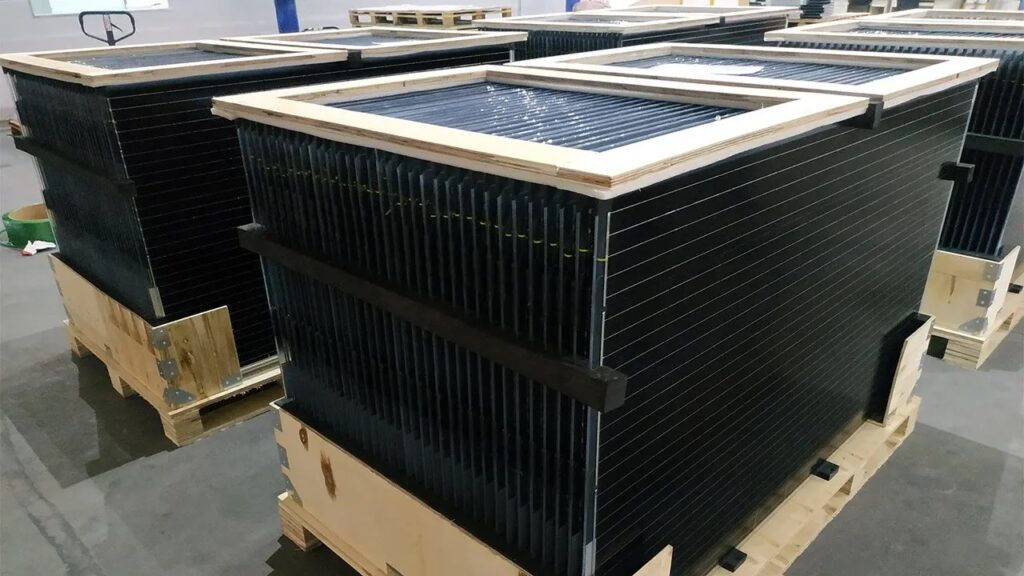The glass used in solar panels must meet specific requirements to ensure optimal performance and durability.
- Transparency: The glass should allow a high percentage of sunlight to pass through to reach the solar cells. This is crucial for efficient energy conversion.
- Anti-Reflective Coating: To minimize reflection and maximize light absorption by the solar cells, the glass often has an anti-reflective coating. This coating helps to reduce the amount of sunlight that bounces off the surface of the glass.
- Low Iron Content: Low-iron glass is preferred to minimize light absorption by the glass itself. This type of glass allows more light to reach the solar cells, improving overall efficiency.
- Thickness: The glass should be thick enough to provide structural support and protect the solar cells, but not so thick that it significantly reduces light transmission. Typically, the thickness ranges from 3 to 4 mm.
- Durability: Solar panels are exposed to various environmental conditions, including hail, wind, and temperature fluctuations. The glass must be durable and able to withstand these conditions to ensure a long lifespan for the solar panel.
- UV Resistance: The glass should be resistant to ultraviolet (UV) radiation to prevent degradation over time. UV-resistant coatings or materials can be used to enhance the longevity of the glass.
- Temperature Resistance: Solar panels can experience temperature variations, and the glass should be able to withstand these changes without compromising its structural integrity.
- Encapsulation: In some solar panel designs, the glass also serves as part of the encapsulation material that protects the solar cells from moisture and other environmental factors. The glass should provide a reliable barrier against water vapor ingress.
- Electrical Insulation: The glass should be electrically insulating to prevent any short circuits within the solar panel.
- Manufacturability: The glass should be compatible with the manufacturing processes used to assemble the solar panels. This includes considerations for cutting, coating, and handling during production.
By meeting these requirements, the glass used in solar panels contributes to the overall efficiency, longevity, and reliability of the solar panel system. Manufacturers often carefully select glass materials and coatings to optimize the performance of their solar panels in different environmental conditions.


